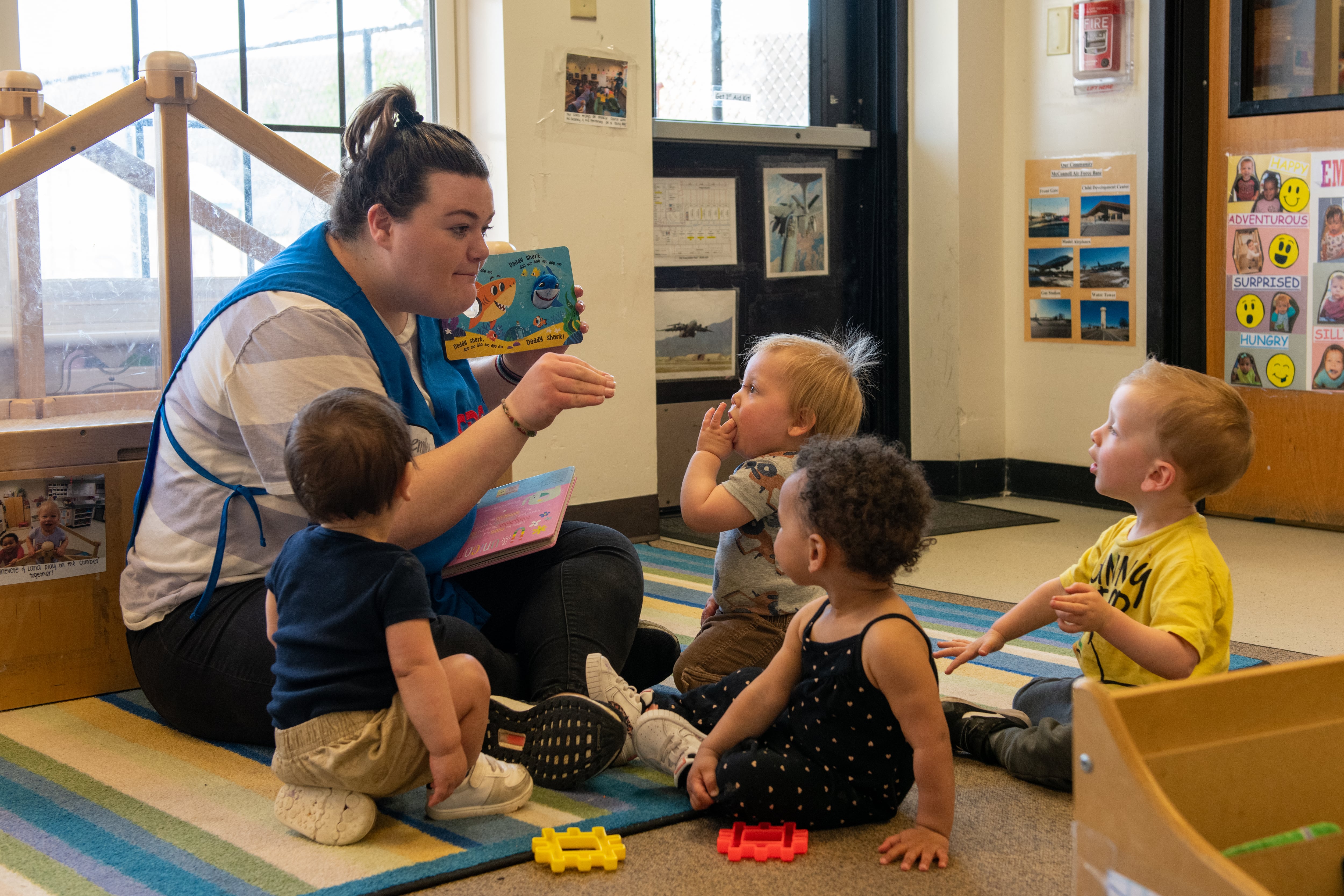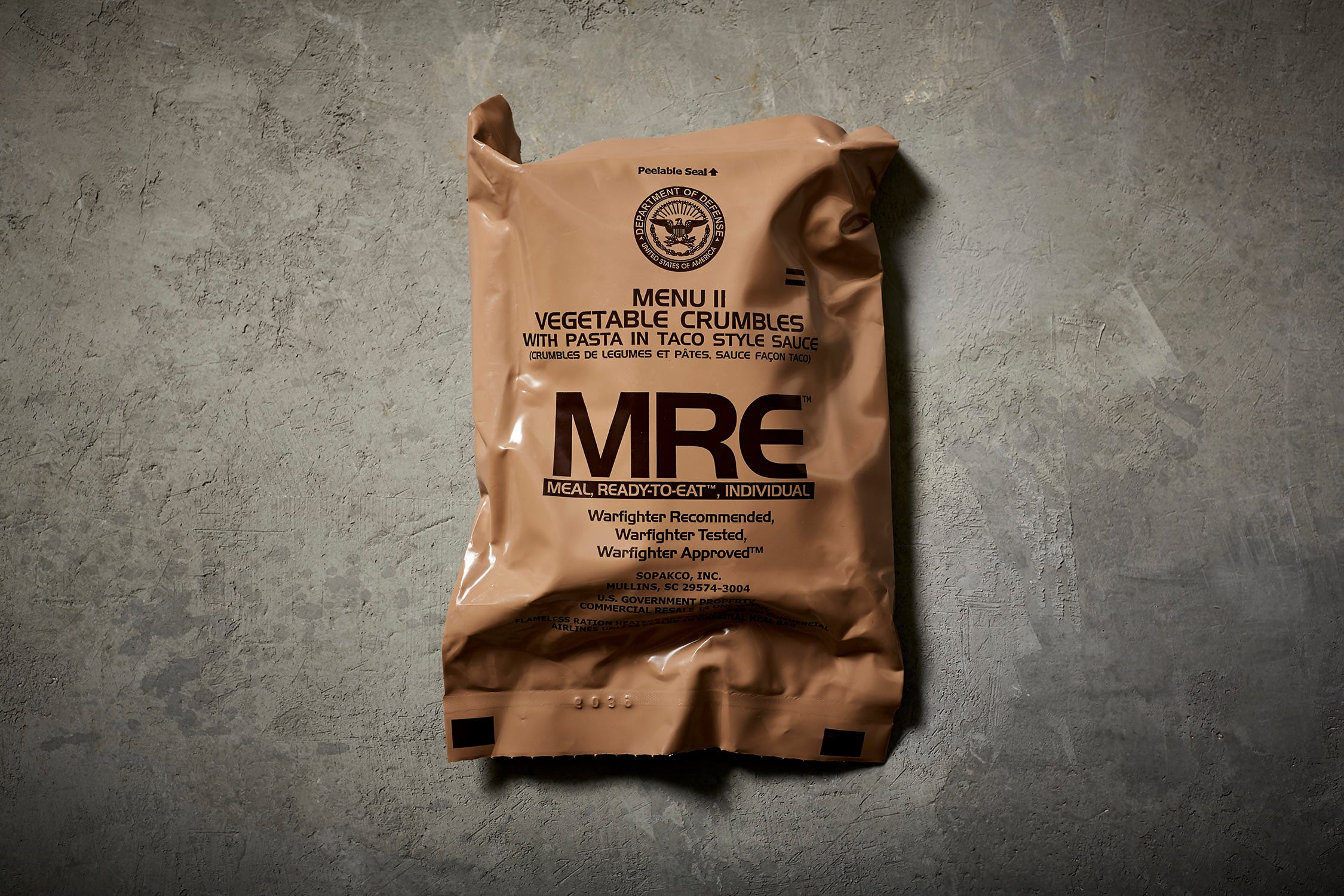On Valentine’s Day 1995, married couple Sally and Ray McNeil, both of whom had served in the Marine Corps and were competitive bodybuilders, got into an argument at their home in Oceanside, California.
It’s impossible to say for certain exactly what happened next. But what is certain is that Sally McNeil shot her husband, reloaded her shotgun and shot him again.
The killing of Ray McNeil, and what led Sally McNeil to do it, is the subject of the three-part documentary series “Killer Sally,” released Wednesday on Netflix.
One might assume — based on its title and salacious poster, featuring a flexing, scantily clad McNeil — that “Killer Sally,” which was directed by Nanette Burstein, is just one more lurid true-crime docudrama, in the vein of “Tiger King” or “Tinder Swindler.”
But that’s not the case at all.
Instead, the series offers a sympathetic look into Sally McNeil’s life, in particular the abuse that she allegedly suffered at the hands of her husband.
It raises questions about what it means to be a victim. Can a literally and figuratively hardened Marine veteran who was prone to aggression still be a “battered woman”? The documentary implicitly answers in the affirmative.
After a difficult childhood in which her stepfather allegedly physically abused her, then-Sally Dempsey started college but ran out of money before she could finish. So, she joined the Marines.
When Dempsey met fellow sergeant Ray McNeil at Camp Pendleton, it was “lust at first sight.” They were married weeks later.
Both avid bodybuilders, Ray and Sally McNeil became the first husband-wife duo in 1990 to win the Armed Forces Bodybuilding Championships. Their successes were fueled by steroids they purchased just south of the U.S.-Mexican border, often with their kids in tow.
As Ray McNeil pursued bodybuilding professionally, eventually becoming a national champion, affording his regimen of steroids became more difficult.
Sally McNeil, who left her job as a mess cook in the Marines in 1993, took on a career that was, if not considered sex work, then at least sex-work-adjacent. To satisfy some men’s desire to be thrown around by a strong woman, she began wrestling clients on beds.
All the while, Ray McNeil was physically and sexually abusing Sally McNeil, she and her two children said in interviews in the documentary.
“I should’ve left, but I was so broken,” Sally McNeil said. “I was so broken I didn’t know I was broke.”
The night Sally McNeil killed her husband, he had allegedly been strangling her, again.
“I got scared and thought, ‘He’s gonna kill me and I’m not gonna make it through this night,’” she recalled.
McNeil shot her husband twice, then made a 911 call, which, in keeping with the true-crime genre, forms the opening scene of the documentary.
Once she arrived at the police station, McNeil talked to officers in a lawyer-free interview that lasted all night, during which she admitted, “I murdered him.”
The confession was the first in a set of poor strategic choices Sally McNeil made in the aftermath of the shooting. The documentary makes the ensuing legal process easy to follow and hard to stop watching, thanks to clean production and a vivid cast of interviewees.
“Killer Sally” briefly addresses a variety of broader issues: the sordid side of bodybuilding, the optics of abuse in an interracial marriage, the ‘90s media’s sexist portrayal of women accused of violent crime.
But it never gives any of these their full due. The one issue it does explore in real depth is battered woman syndrome, and even that doesn’t get fleshed out as much as it should.
While the documentary isn’t as meditative as it might have been, it’s also not as fast-paced as some of Netflix’s most popular true-crime series. Yet perhaps the slower pace is a necessity of the topic. “Killer Sally” is focused on a brutal marriage, how it fell apart and what was left in the rubble.
And it shows another side of the woman whom 1990s media portrayed as a ripped, femme fatale Marine, not a victim.
Irene Loewenson is a staff reporter for Marine Corps Times. She joined Military Times as an editorial fellow in August 2022. She is a graduate of Williams College, where she was the editor-in-chief of the student newspaper.
In Other News















